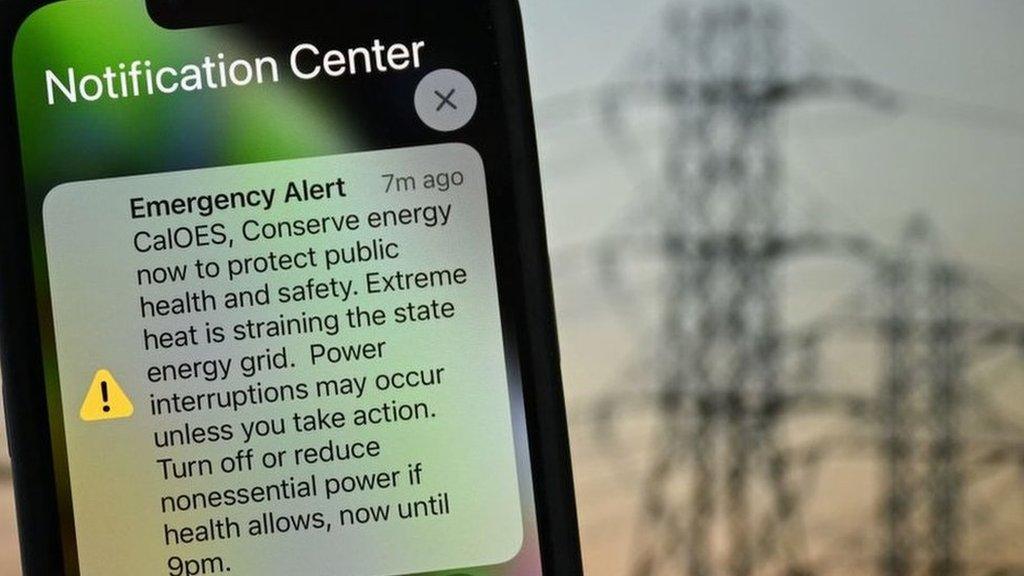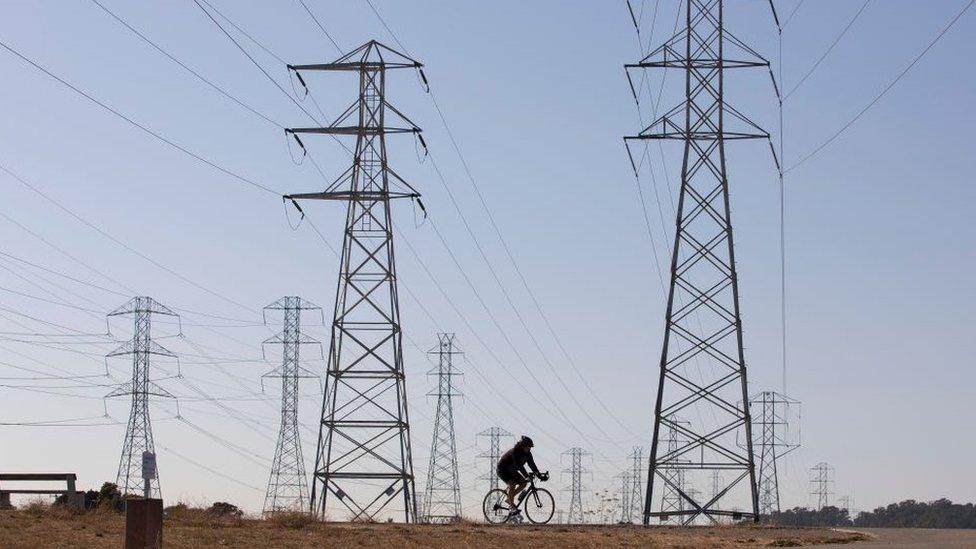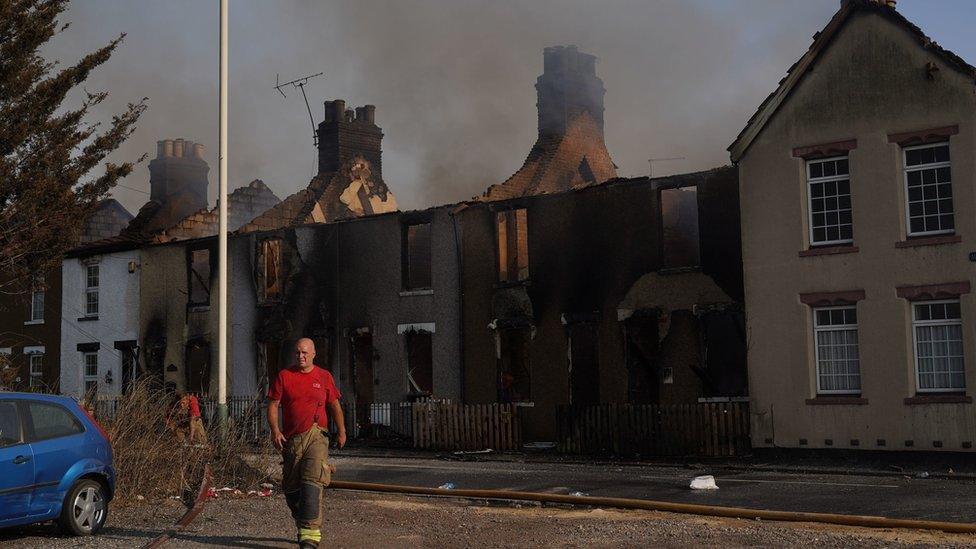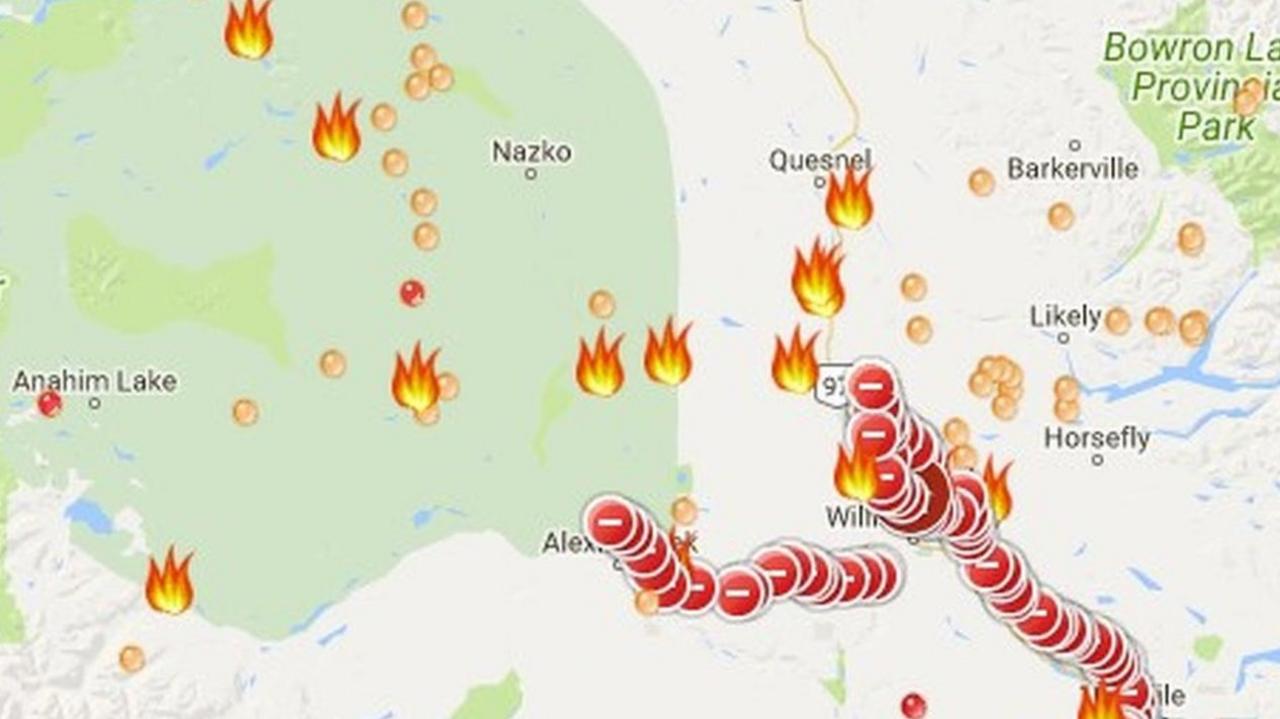Emergency text averted possible California power cuts
- Published

An emergency text message helped to prevent possible blackouts in the state of California on Tuesday.
The message asked residents to limit energy use for three hours to cut the risk of power cuts being implemented.
The California Independent System Operator (Cal-ISO), said it "saw an immediate and significant drop" in the use of power after the text was sent.
The alert was issued after record temperatures put pressure on the state's electrical grid.
The message, called a flex alert, was created by Cal-ISO to encourage users to conserve electricity when energy supply is at capacity.

The texts are sent out in advance so that preparations can be put in place.
Some of the suggestions include setting thermostats to 25C (77F), and to avoid using kitchen appliances like ovens, kettles and microwaves.
During hours of the alert, people are encouraged to pre-cool their homes and adjust blinds and drapes so that windows are covered.
Emma Hill, principal lecturer in energy and environmental management at Coventry University, said the messaging system appeared to have an impact.
"There seems to be a correlation between the text being sent out and a reduction in demand for electricity," she said.
She told the BBC that one of the reasons for this may be because people will not want potentially to be affected by power outages for longer periods of time.
"If you have very high demand in very high temperatures, when your electricity production is low, you risk damaging the equipment, like the transformers and the overhead lines, and they take time to repair," she said.
The alert targeted 24 counties, which included Los Angeles and the Bay Area, because of high population and high air conditioning use.
One Californian took to Twitter to explain the actions he took.
Allow X content?
This article contains content provided by X. We ask for your permission before anything is loaded, as they may be using cookies and other technologies. You may want to read X’s cookie policy, external and privacy policy, external before accepting. To view this content choose ‘accept and continue’.
Would we see a similar response in the UK?
Ms Hill believes that the UK is more resilient to situations like this.
"Ten years ago, UK network operators such as the National Grid and smaller disruption network operators had to assess the climate change risk to all of the systems.
"Due to that assessment, plans were made to manage that risk through damage management, communication or through improving the technology," she said.
A National Grid Electricity System Operator spokesperson told the BBC: "There are established mechanisms in place for communicating in an emergency.
"Due to the nature of these emergency communications and procedures we do not comment on the specifics of how these work."
Related topics
- Published15 August 2022

- Published25 July 2017

- Published27 April 2022
